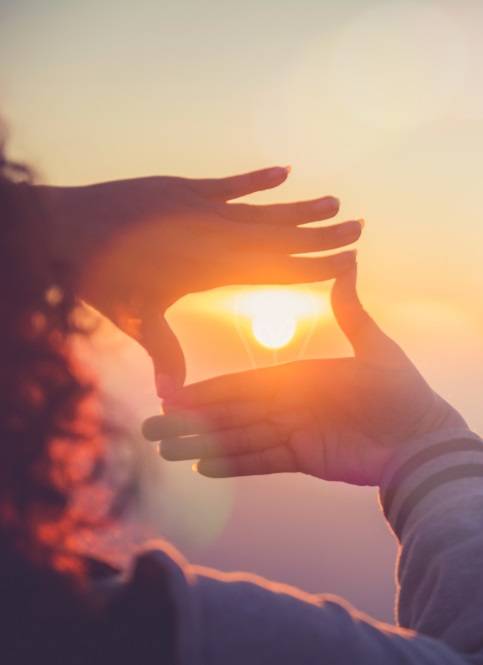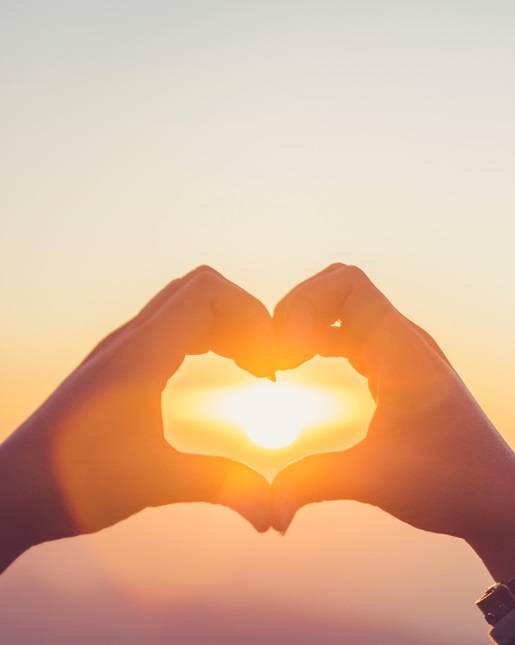Resilience
How can you become more resilient?
The holidays can be a stressful time. Whether you are celebrating Christmas, Hanukkah, other traditions or events; or you just have the children off school, it can be a very difficult time of year.
One of the best things we can do to help us to cope with stress is build our resilience.
So what is it?

Resilience is defined as the ability to adapt well in the face of adversity. It can be described as a person’s capacity to respond to pressure and the demands of daily life. Put simply, resilience is our ability to ‘bounce back’.
The more resilient you are, the greater your capacity to deal with the stresses and pressures of life, leading to greater success and happiness.
So how do we become more resilient?
A good way to look at resilience is to think of it as a holistic approach. You need to make sure you are working on yourself as a whole. These are called the 5 pillars of resilience:
- Self-awareness and emotional wellbeing.
- Mindfulness.
- Self-care.
- Positive relationships.
- Purpose
Here are a few things to get you started!
Self-awareness and emotional well-being

Self-awareness is a form of stepping back and observing your thoughts and feelings as they unfold. It ultimately allows you to understand yourself and to connect to the world around you.
It helps you to build resilience because when you understand your strengths and also areas for improvement, you're able to adjust accordingly, acquire extra knowledge when necessary, and make positive decisions that reflect who you really are.
Try these things to help you build your self-awareness:
1. Keep a daily journal.
This can help you to better understand your emotions and help you to reflect on your day. What was good about it, what wasn’t so good, why you felt or behaved in the way you did. It is also good to write down memorable events and how they made you feel.
2. Ask people you trust for feedback.
This should never be about criticism. It is about learning how other people see you and then reflecting on whether their answers match up to how you see yourself. You could start with simple things like:
- What is my greatest strength.
- When am I at my best.
- What dynamic do I bring to our relationship?
- Is there anything you think I need to work on or improve.
Think about what you want to know.
3. Understand your personal values
One of the most important elements of self-awareness is understanding why you do what you do. In other words, self-awareness means living a life that’s intentional and thoughtful.
Identifying your personal values plays a major role in being self-aware. You could start with simple things such as:
- Make a list of all your values and then try to categorise them and narrow them down to the ones that are most important to you.
- Reflect on which values you consistently live by and which ones you sometimes stray from.
- Consider what you focus your energy on and whether there are aspects of your life you want to focus more (or less) energy on.
Mindfulness

Mindfulness is a technique you can learn which involves noticing what's happening in the present moment, without judgement. You might take notice and be aware of your mind, body or surroundings.
It doesn’t have to be spiritual or religious but can help to build resilience because it helps you to become self-aware, feel calmer and less stressed, feel more able to choose how to respond and cope with difficult thoughts or events.
It is a skill that requires practice but some simple things you can do are:
- Meditate – As little as 5 minutes a day can make a huge difference. There are some brilliant guided meditations on YouTube.
- Notice how thoughts come and go in your mind. You may learn that they don't have to define who you are, or your experience of the world, and that you can let go of them.
- Notice what your body is telling you. For example, you might feel tension or anxiety in your body, such as a fast heartbeat, tense muscles or shallow breathing.
- Create space between you and your thoughts. With this space, you can reflect on the situation and react more calmly.
Self-care

Self-care is about actively taking care of yourself. This allows you to give yourself a break and focus on your health, needs and wants. It is where you spend time building yourself back up, refocusing and recharging and spending time focussing on you and what you need. This in turn will help to build your resilience. It doesn’t have to be extravagant or expensive, you can start with simple things like:
Exercise: . Even if you go for a 30-minute walk two or three times a week, you can let off some steam and release those endorphins that will make you happy.
Go outside: It may be tempting to sit and do nothing when you have some free time, but getting yourself outside will get some fresh air into your lungs and brain. However there is no shame in staying in your pyjamas for part of the day if that is what you want to do!
Eat well: Making sure you eat well is really important. There’s nothing wrong with a bit of chocolate, cake, crisps or sweets, but make sure they are in moderation and you also eat healthy and nutritious meals.
Have a bath: Grab some candles, throw in some bubble bath, stick some music on and just lie in blissful warmth for a bit. Don’t forget to lock the door, especially if you have children!!
Create a self care playlist: Find some calming music that you enjoy, add in some motivational songs, songs from your childhood, anything that makes you happy and sing along to your heart’s content.
Learn to say no: It’s very easy to feel guilty when saying ‘no’, but sometimes it can be the best thing you can do for yourself. Saying yes all the time is exhausting and can lead to you feeling stressed, anxious and resentful.
Get creative: This isn’t for everyone, but creative activities can keep your mind focused and productive, whilst still keeping you chilled. Get yourself a mindfulness colouring book, draw, bake, anything that you enjoy but may have neglected due to life taking over. The most important thing is to have fun!
Build positive relationships

People who build open, honest and trustworthy relationships with others, and are able to share their challenges and ask for help, have a strong network and support system.
This in turn enables them to be highly resilient and achieve their goals.
It's a common misconception that resilient people are fiercely independent or lone warriors. It is the people that surround themselves with others that they love and trust that have the help and support they need if they are facing a challenge
Purpose

Purpose is essential to resilience. Having a purpose and meaning in life has been shown by research to:
- improve mental and physical health
- decrease the chances of depression
- increase overall wellbeing and life satisfaction
- enhance self-esteem
Each person’s purpose or meaning will be unique to them, but their awareness of it can make the difference between success and failure.
Start by asking yourself:
- What brings me a sense of awe in life?
- What do I find myself drawn to?
- What do I notice feels rewarding for me?
- What do I want to put a lot of effort into?
- When times are tough, what do I find yourself prioritising?
Examining these questions can provide helpful clues to what you value and lead you to discovering your own unique sense of purpose.
My passion is for learning, any age, anywhere, anytime. That is why I offer Interactive E-learning, Face to Face training, Microsoft Teams/Zoom training and consultancy services. Learning should be easy to organise, and more importantly fun!
The world is moving so fast these days, especially where technology is concerned, everything is mobile, what would we do without our mobile phones and tablets? Learning takes place every day, whether it’s from an article we read, an app we download or a conversation we have going about our everyday lives. We are always learning and developing.
Author: Maxine Clark
Visit Maxine on LinkedIn
